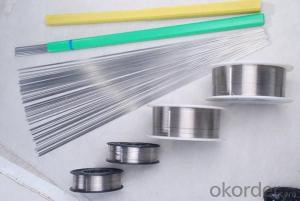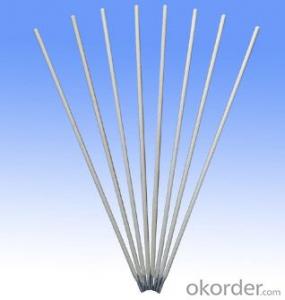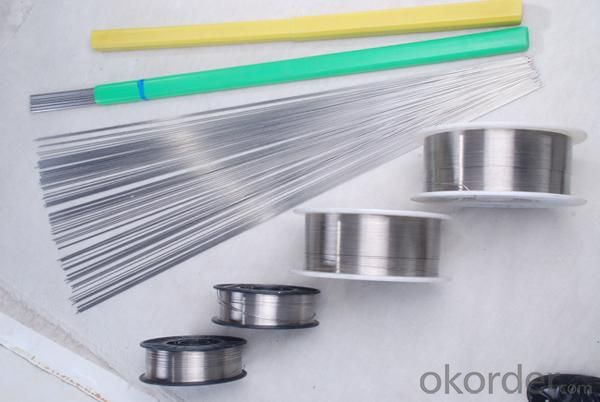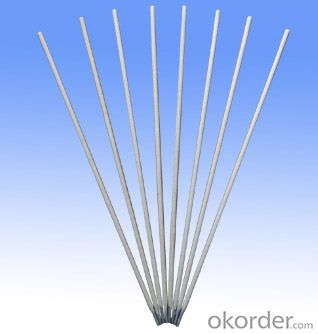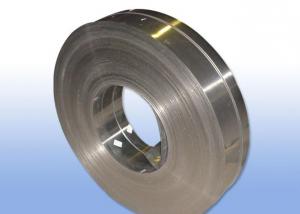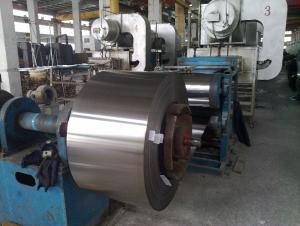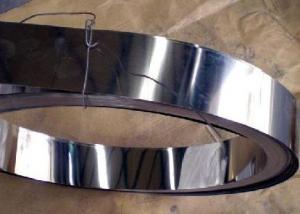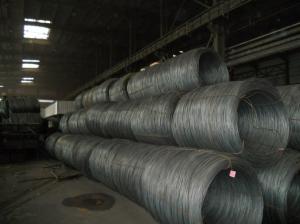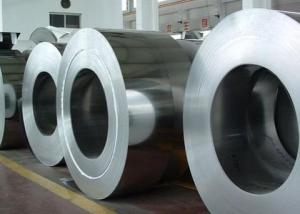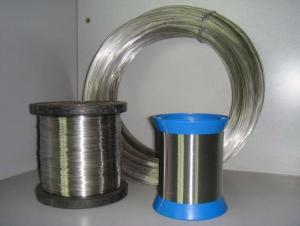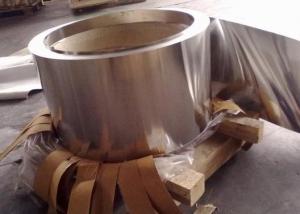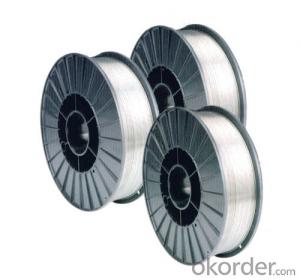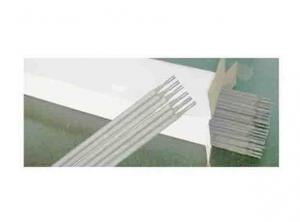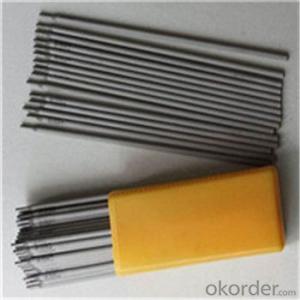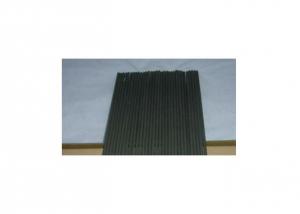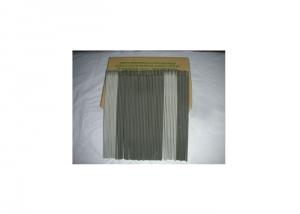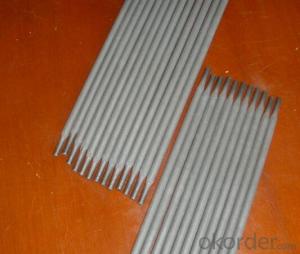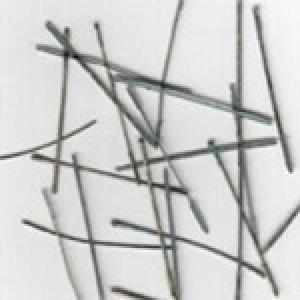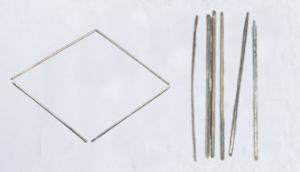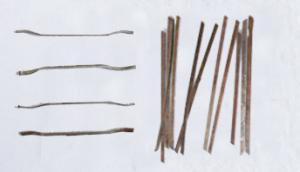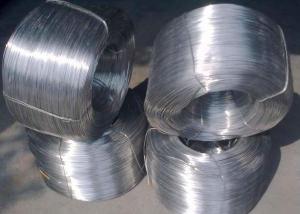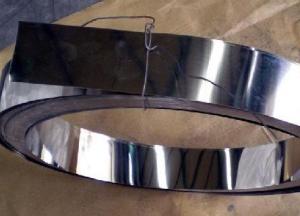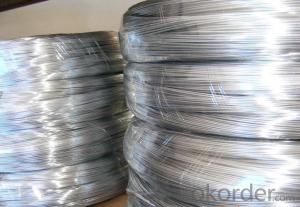Carbon Steel Welding Electrodes AWS E6011
- Loading Port:
- Qingdao
- Payment Terms:
- TT or LC
- Min Order Qty:
- 10 m.t.
- Supply Capability:
- 100 m.t./month
OKorder Service Pledge
OKorder Financial Service
You Might Also Like
Carbon Steel Welding Electrodes AWS E6011
Specifications for Carbon Steel Welding Electrodes
1) Specially for Vertical-down welding
2) Perfect welding performance.
3)Operating current: 2.5MM:30-50,32.MM:70-100,4.0MM:90-140, 5.0MM: 150-200
4)Diameter:2.5mm-5.0mm
5)Material:Carbon Steel
6)Length:300-400mm
7)Delivery Time: 15-30 days after receiving L/C or pre-paid
8)Detail Package:All products will be standard export package, will be wooden boxes or bundled by steel strips, or as per customer's requirement
Advantages for Carbon Steel Welding Electrodes
E6011 is a high cellulose potassium type welding rod for mild steel.
It is suitable for vertical -down welding and lap welding for sheet structures.
Such as smoke pipes, wind pipes ,oil tanks of teansformer, outside cover of vehicles.
Chemical Composition of Deposited Metal(%)
| C | Mn | Si | S | p | Ni | Cr | Mo | V |
| ≤0.2 | ≤1.2 | ≤1.0 | ≤0.035 | ≤0.040 | ≤0.3 | ≤0.2 | ≤0.3 | ≤0.08 |
FAQ
Q: How’s your service?
A:1. Offer customers 24/7 service, whenever you need us, we are always here for you.
2. Immediate response. Your any inquiry will be replied within 24 hours.
3. Support small order quantity, for the first time cooperation customers, we can send you less quantity for trial order.
4. Support third party inspection company to inspect and check the quality and quantity before delivery.
Picture:
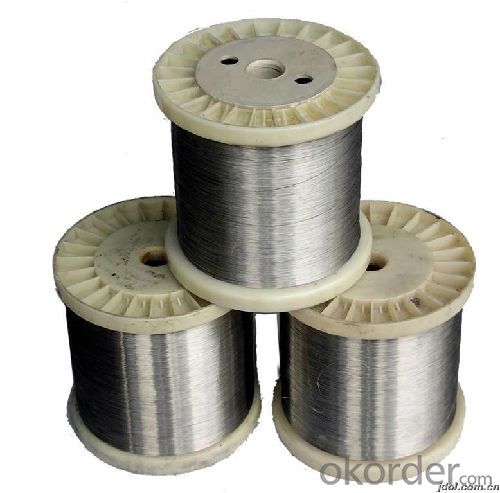
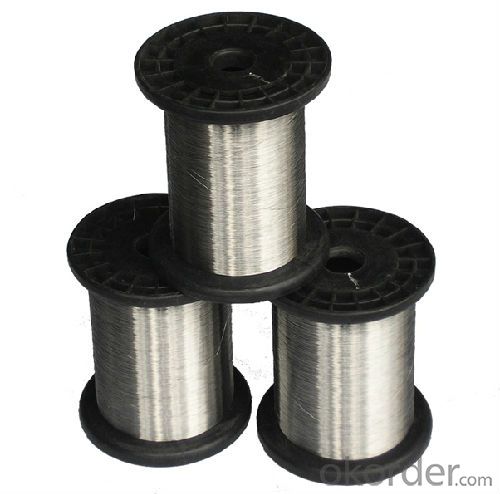
- Q: Can stainless steel wire be used for automotive springs?
- Yes, stainless steel wire can be used for automotive springs. Stainless steel has excellent corrosion resistance and high tensile strength, making it a suitable material for springs that are exposed to harsh environments or require high durability.
- Q: Can stainless steel and nickel titanium wire be welded together?
- Then the rest is the way to the welder, welding carbon steel, stainless steel used techniques have to practice the nickel nickel welding material, after all.
- Q: Is stainless steel wire suitable for marine environments?
- Stainless steel wire proves to be a highly suitable option for marine environments. Its corrosion resistance is widely acknowledged, which is of utmost importance in such settings due to the abundance of salt, moisture, and other corrosive elements. Specifically designed to endure these harsh conditions without succumbing to rust or corrosion, stainless steel wire finds extensive use in marine applications like rigging, boat fittings, fishing equipment, and marine structures. Furthermore, its remarkable strength and durability enable it to withstand the mechanical stresses and strains encountered in marine environments. As a result, stainless steel wire emerges as a dependable and enduring choice for marine applications.
- Q: What are the different types of stainless steel wire rope connectors?
- There are several types of stainless steel wire rope connectors, including thimbles, swage sleeves, swage studs, turnbuckles, shackles, and quick links. These connectors are used to secure and connect wire ropes in various applications.
- Q: Can stainless steel wire be used for wire bonding?
- Wire bonding, a process employed to connect semiconductor devices, can indeed utilize stainless steel wire. This type of wire possesses exceptional mechanical properties, such as high strength, durability, and resistance to corrosion, rendering it suitable for various applications, including wire bonding. In wire bonding, stainless steel wire is often employed due to its capability to establish dependable electrical connections, even in challenging surroundings. Moreover, stainless steel wire guarantees efficient signal transmission, as it exhibits satisfactory thermal and electrical conductivity. Nevertheless, it is crucial to acknowledge that the particular kind and quality of stainless steel wire employed for wire bonding may differ depending on the specifications of the given application.
- Q: Stainless steel wire drawing faucet, OK?
- It's not bad。 In the current market is copper material faucet, but some people prefer stainless steel.
- Q: What are the different sizes available for stainless steel wire?
- Different sizes of stainless steel wire can be found to meet different needs and uses. These sizes cover a wide range, from very thin gauges to thicker diameters, providing versatility in its applications. For delicate uses like jewelry making, fine mesh weaving, and medical instruments, thin gauges ranging from 0.001 to 0.020 inches or 0.025 to 0.5 millimeters are often employed. These sizes offer flexibility and precise results. On the other hand, thicker sizes of stainless steel wire, between 0.020 to 0.375 inches or 0.5 to 9.5 millimeters, are suitable for heavy-duty purposes such as structural support, fencing, and industrial machinery. These larger sizes provide strength, durability, and corrosion resistance. Additionally, stainless steel wire is available in different shapes, including round, square, and flat. Each shape serves a specific function, with round wire being the most commonly used and versatile option. Ultimately, the variety of sizes available for stainless steel wire ensures that there is an appropriate choice for a wide range of industries and applications. This allows for optimal performance and efficiency in various projects.
- Q: Can stainless steel wire withstand high temperatures?
- Yes, stainless steel wire is known for its ability to withstand high temperatures. Stainless steel is a highly heat-resistant material, which makes stainless steel wire suitable for use in high-temperature environments. It has a high melting point and excellent resistance to oxidation and corrosion, allowing it to maintain its strength and integrity even under extreme heat conditions. This makes stainless steel wire a popular choice in various industries such as aerospace, automotive, and industrial applications where high temperatures are encountered.
- Q: Can stainless steel wire be used for welding electrodes?
- Yes, stainless steel wire can be used for welding electrodes. It is commonly used in applications that require corrosion resistance and high strength, such as in the welding of stainless steel materials.
- Q: Is stainless steel wire suitable for jewelry findings?
- Indeed, jewelry findings can be made using stainless steel wire. Stainless steel wire is an incredibly robust and enduring material, capable of resisting tarnish, corrosion, and rust. Its exceptional strength and stability render it perfect for a wide range of jewelry findings, including clasps, jump rings, ear wires, and chain links. Moreover, individuals with metal allergies or sensitive skin will find stainless steel wire to be hypoallergenic. Furthermore, its polished and sleek appearance imparts a contemporary and refined aesthetic to jewelry designs.
Send your message to us
Carbon Steel Welding Electrodes AWS E6011
- Loading Port:
- Qingdao
- Payment Terms:
- TT or LC
- Min Order Qty:
- 10 m.t.
- Supply Capability:
- 100 m.t./month
OKorder Service Pledge
OKorder Financial Service
Similar products
Hot products
Hot Searches
Related keywords
